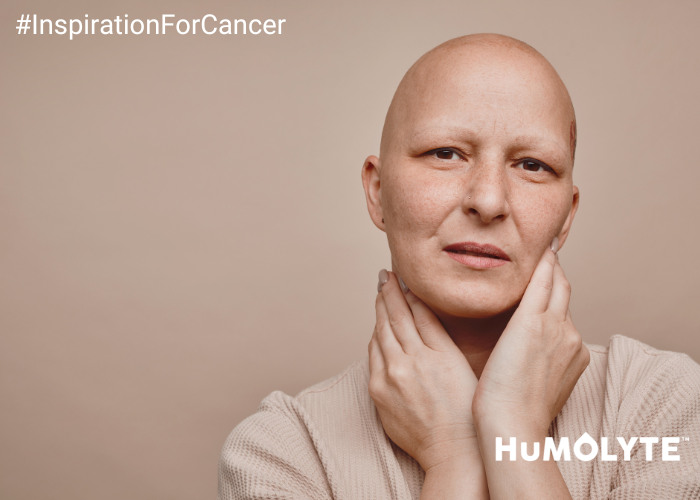How to Cope With Cancer When You Live Alone
Facing a cancer diagnosis is challenging, and navigating treatment while living alone can add layers of complexity. However, with proactive planning and by leveraging available resources, it's possible to manage your care effectively and maintain your independence.
1. Acknowledge Your Feelings
It's natural to experience a whirlwind of emotions after a cancer diagnosis. Allow yourself to feel and process these emotions, as this is a crucial step toward effective coping. Consider journaling or speaking with a counselor to help articulate and understand your feelings.
2. Assess Your Needs
Conduct a thorough inventory of your needs, ranging from basic necessities like nutrition and rest to more complex requirements such as emotional support and transportation to medical appointments. Identifying these needs early will help you plan and seek assistance where necessary.
3. Build a Support Network
Even without a dedicated caregiver, you can create a network of support:
Friends and Neighbors: Don't hesitate to ask for help with tasks like grocery shopping, meal preparation, or companionship during appointments.
Community Resources: Many communities offer services such as volunteer transportation for medical visits or meal delivery programs.
Professional Services: If feasible, consider hiring home health aides for assistance with daily activities or medical needs.
4. Utilize Healthcare Resources
Engage with your healthcare team to access support services:
Social Work Counselors: They can connect you with resources for transportation, financial assistance, and emotional support.
Patient Advocates: These professionals can help navigate insurance issues and coordinate aspects of your care.
5. Plan Ahead
Proactive planning can alleviate future stress:
Financial Preparation: Set aside funds to cover potential costs for additional care or unforeseen expenses.
Advance Directives: Ensure you have legal documents in place that outline your healthcare preferences in case you're unable to communicate them later.
6. Practice Self-Care
Maintaining your well-being is vital:
Mindfulness and Relaxation: Techniques such as meditation, deep breathing exercises, or gentle yoga can reduce stress and improve mental health.
Physical Activity: As advised by your doctor, engage in appropriate exercises to boost mood and physical health.
Healthy Diet: Focus on balanced nutrition to support your body's needs during treatment.
7. Stay Connected
Combat feelings of isolation by:
Virtual Communication: Use video calls, social media, or online support groups to stay in touch with loved ones and connect with others facing similar challenges.
Support Groups: Joining groups, either online or in-person, can provide emotional support and practical advice from peers.
Remember, while living alone presents unique challenges during cancer treatment, you are not alone in your journey. By taking initiative and utilizing the resources available, you can navigate this period with resilience and maintain control over your care.
Reference
For more information on how HuMOLYTE can support your gut health during chemotherapy, visit our product page or consult your health care provider.
This blog was reviewed by Dr. Sourabh Kharait.
This blog is for educational purposes only and is not intended as medical advice. Always consult with your healthcare provider before making any changes to your treatment plan, hydration strategies, or diet. The information provided here is based on general insights and may not apply to individual circumstances.

